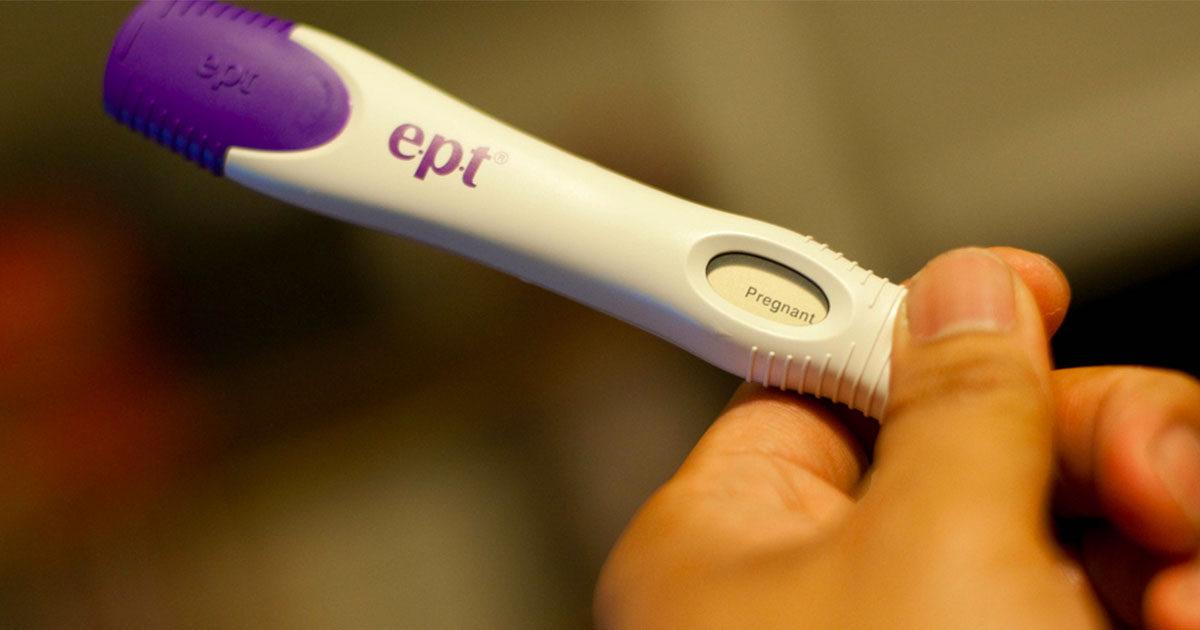Doing These Things at Work Could Make You Infertile

By:
Women working irregular hours or jobs requiring intense physical labor may have a harder time conceiving children, a new study published in journal Occupational and Environmental Medicine suggests.
 Stocksy/Vera Lair - stocksy.com
Stocksy/Vera Lair - stocksy.com
Researchers from the Harvard T.H. Chan School of Public Health measured the egg yields of 473 women in fertility treatment between 2004 and 2015.
Using the results of an at-home occupational questionnaire, the scientists attempted to determine how a woman's occupation related to their fertility test results.
Women whose jobs required lifting and moving heavy objects had 8.8 percent less eggs in total, and 14.4 percent less mature eggs, than women whose jobs did not involve this type of manual labor, the authors found.
Women with heavy-lifting duties at their job also took longer to conceive, according to the study.
 Flickr/dongkwan - flic.kr
Flickr/dongkwan - flic.kr
“We already know that physical exertion and stress can inhibit the female reproductive system and make periods less regular or even absent,” Channa Jayasena, a senior lecturer in Endocrinology at Imperial College London, told The Independent.
Women who worked night, evening, and rotating shifts had lower egg yields than women who worked daytime hours, the authors wrote.
The research team was unable to conclusively state why women who did heavy lifting at work produced less viable eggs, but hypothesized that non-day shift work could negatively impact women's reproductive health because it disrupted their circadian rhythms.
 Stocksy/Jovo Jovanovic - stocksy.com
Stocksy/Jovo Jovanovic - stocksy.com
Previous research on European and Japanese women also found night-shift work has negative impacts on fertility rates. A 2012 experiment conducted on mice also linked circadian disruption to low birth rates.
The negative impacts of night-shift work don't just pertain to those hoping to conceive.
Researchers from the University of Buenos Aires found that shift workers were more likely to have lower serotonin levels due to sleep disruption in a 2007 study, CBC Canada reports.
A 2012 study from Brigham and Women’s Hospital researchers also linked night-shift work to circadian disruption and increased risks of diabetes and obesity.
“Since night workers often have a hard time sleeping during the day, they can face both circadian disruption working at night and insufficient sleep during the day,” lead author Orfeo M. Buxton, Ph.D, said in a statement. “The evidence is clear that getting enough sleep is important for health, and that sleep should be at night for best effect.”
The Bureau of Labor Statistics reported that 12.4 percent of American women employed full-time in 2004 worked night, weekend, or evening shifts.
